Full episodes of The Cleveland Browns Presents: Club 46 (driven by Bridgestone) can be viewed on the Browns’ YouTube Channel or ClevelandBrowns.com. The series is also available as a podcast on Apple, Google Play or wherever else you listen to podcasts.
Not many teams wanted to take a chance on Robert Jackson when he waited for a potential call in the 1975 NFL draft.
The draft was 17 rounds at the time, but that wasn't enough for a team willing to pick up the offensive guard from Duke. His call didn't come until after the draft, when the Browns were simply looking to bring in depth for their offensive line in training camp.
Jackson fit the bill, so he was signed as an undrafted free agent who could quietly be cut and forgotten about at any time.
"If it happened, it happened," Jackson said. "If it didn't, it didn't. But I was going to make the most of the opportunity. That was for sure."
Instead, the Browns signed one of their best offensive linemen in franchise history.
Jackson was a mainstay on the Browns' offensive front for 11 years — he only missed two games in that span — and blocked alongside other Browns legends in Doug Dieken, Cody Risien, Tom DeLeone and Hall of Famer Joe DeLamielleure.
But Jackson's success didn't come without a strong work ethic. Back then for undrafted NFL players, the daily lifestyle looked much different than it does today.
The Cleveland Browns Presents: Club 46 - player stories through generations of football
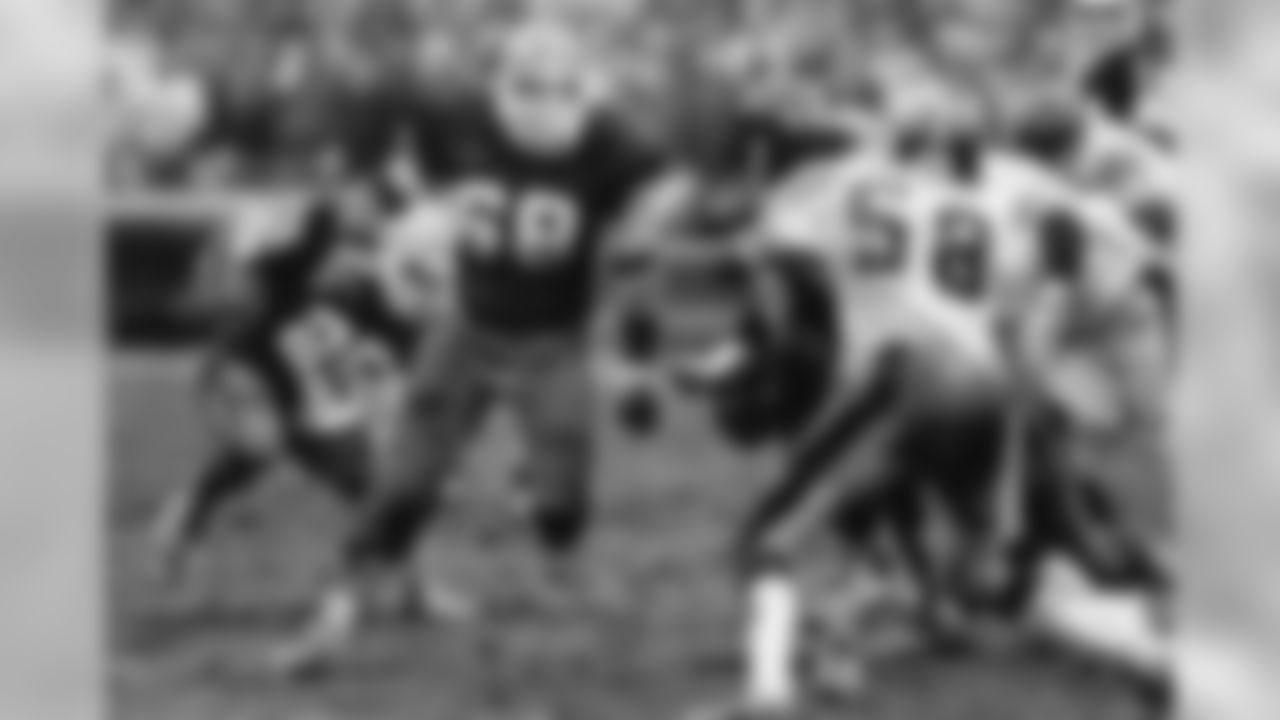
Robert Jackson

Robert Jackson
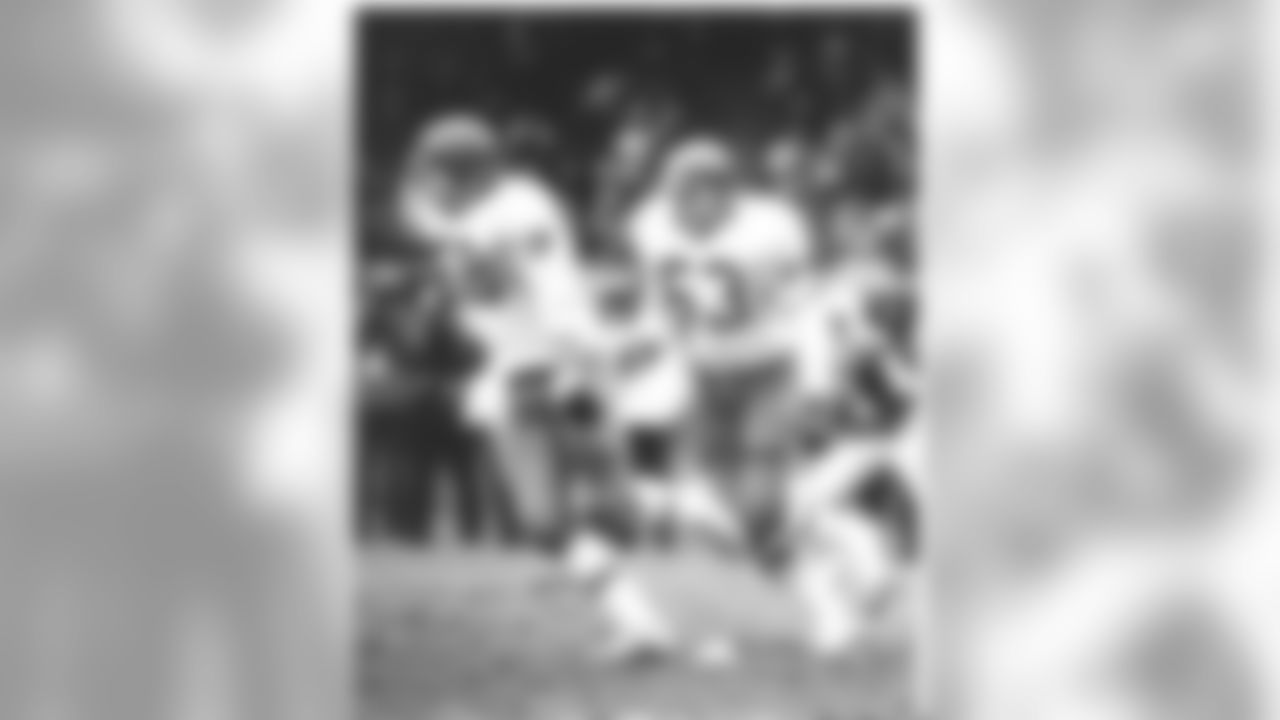
Robert Jackson
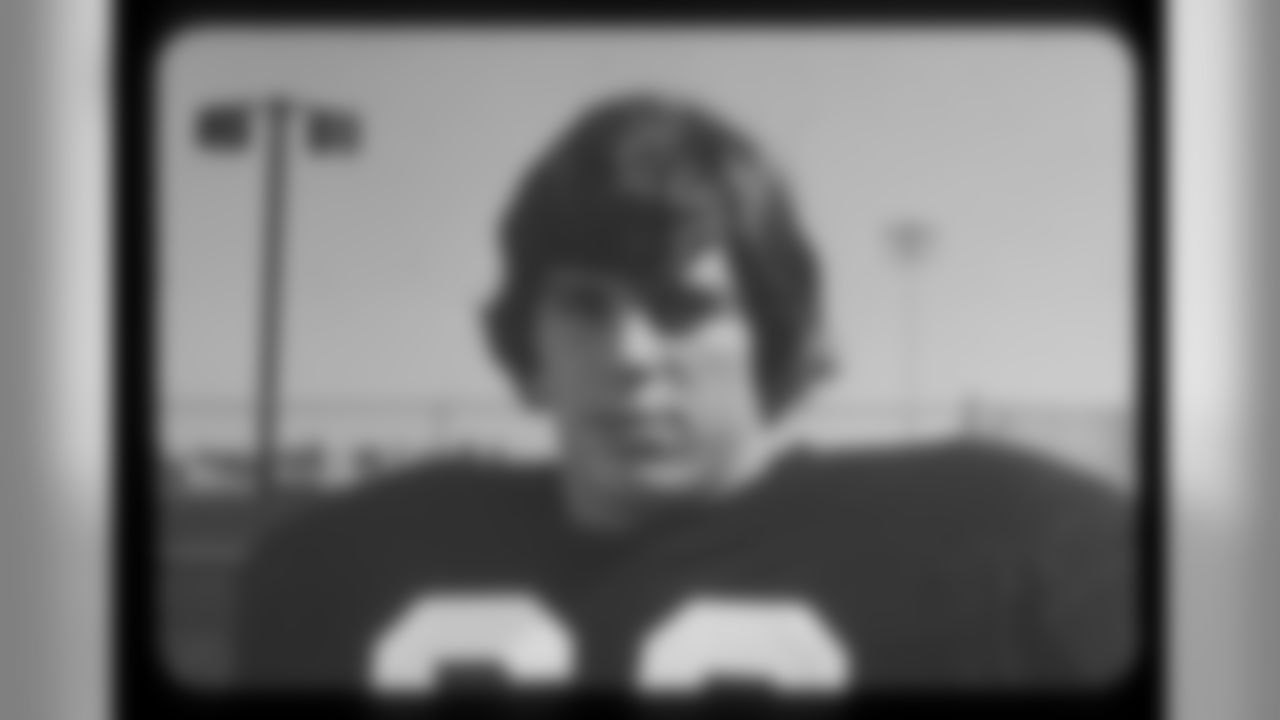
Robert Jackson
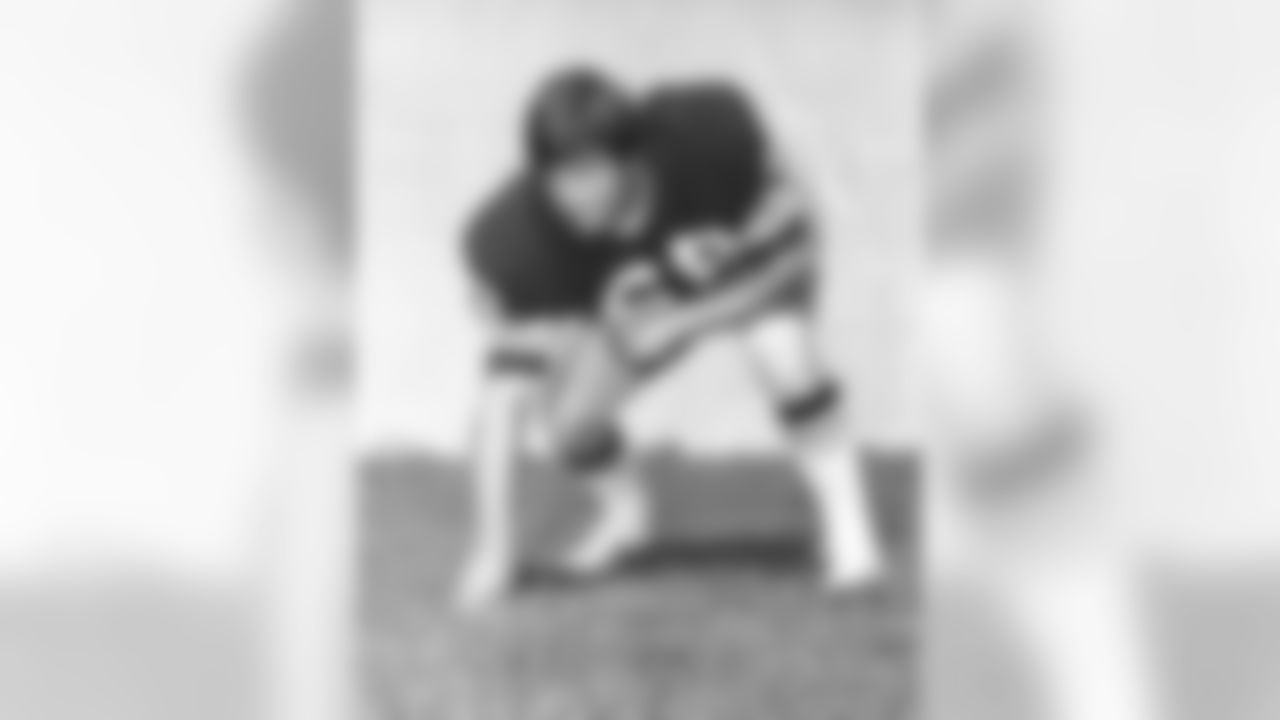
Robert Jackson
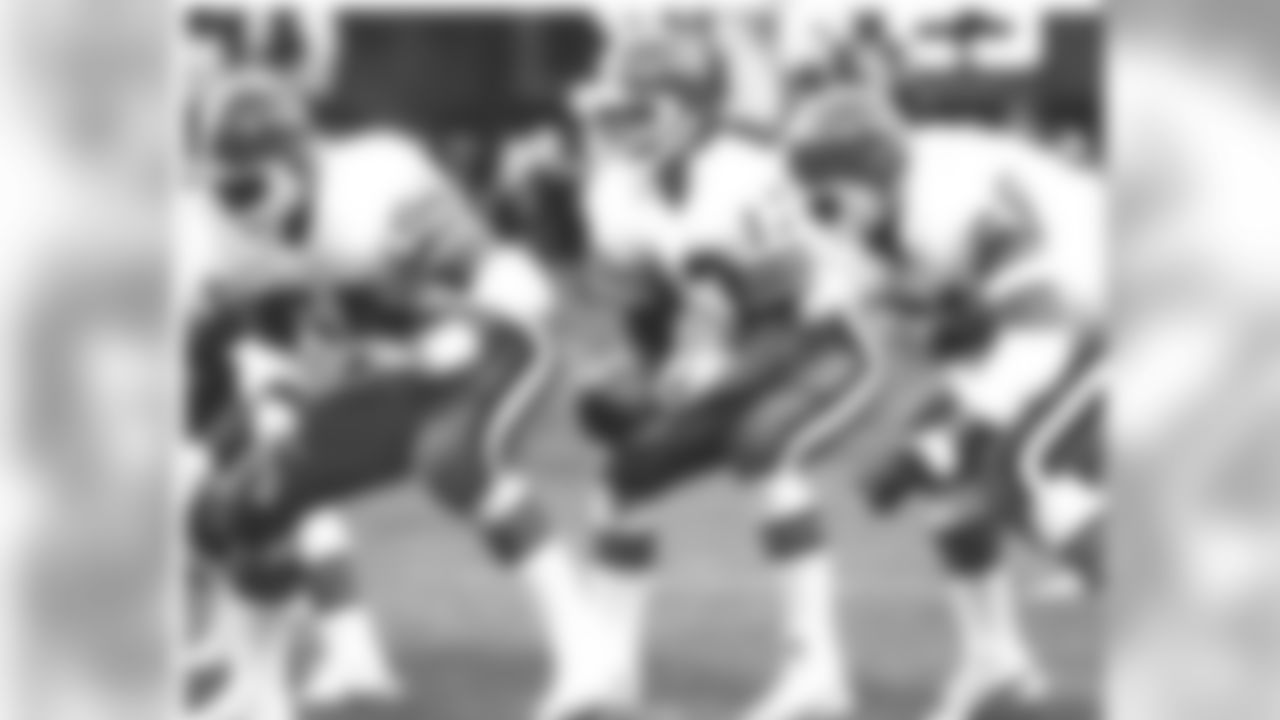
Robert Jackson
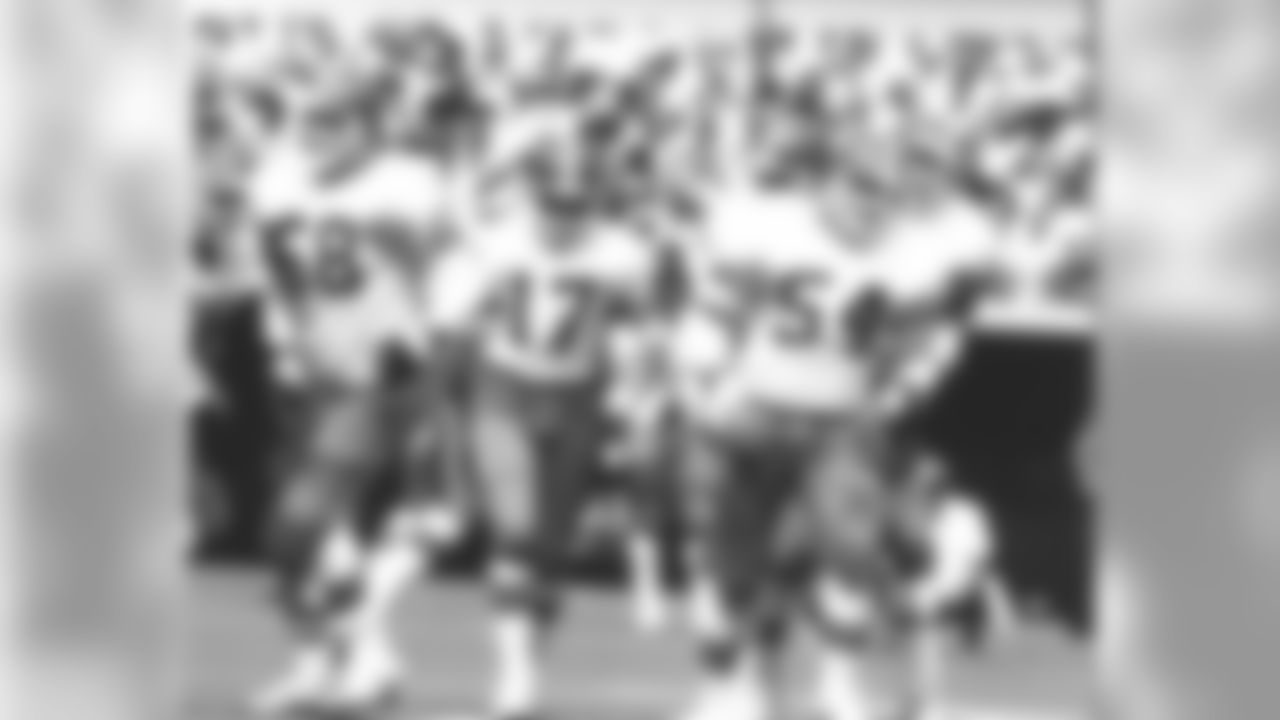
Robert Jackson
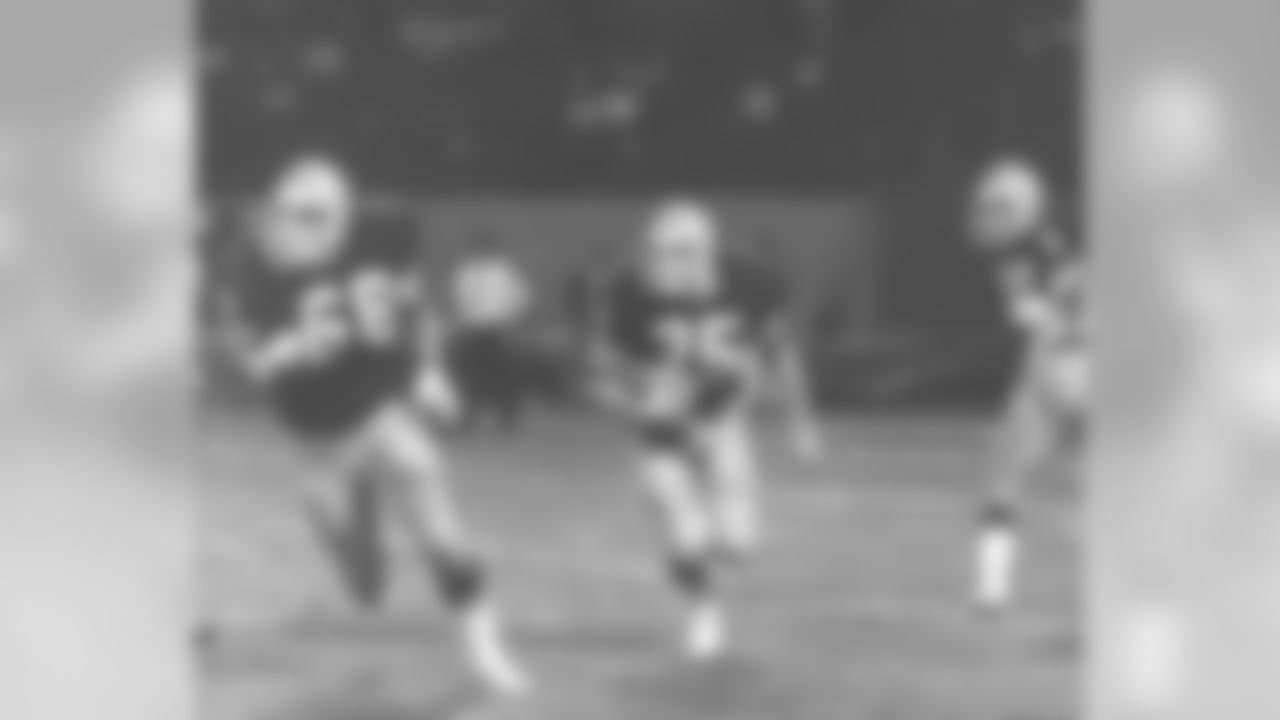
Robert Jackson
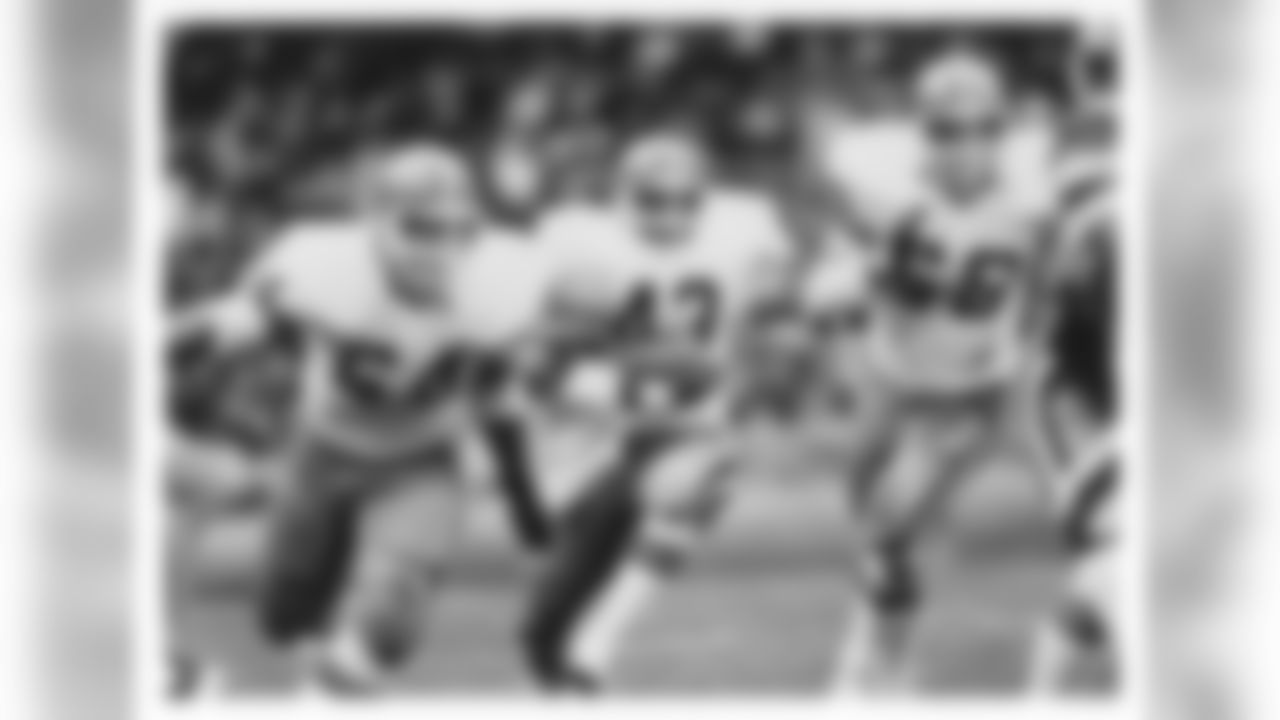
Robert Jackson
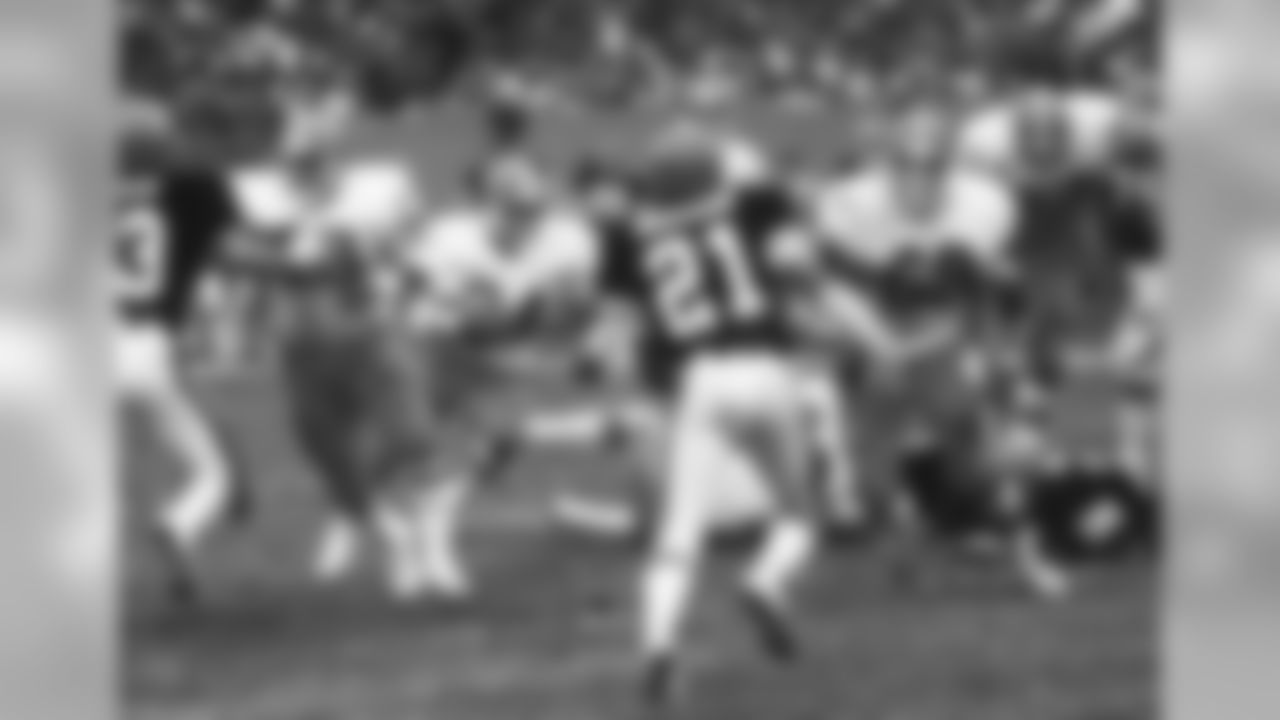
Robert Jackson

Robert Jackson
Not every NFL player had a salary that could last them throughout the year. The $200 Jackson received each week of training camp wasn't enough, so he juggled other jobs throughout the offseason while he focused on keeping his body in shape for the brutality of NFL training camp, which featured three weeks of two-a-days and full contact in every practice.
"When I first started out, I sold to the steel mills, calling the blast furnaces and bop shops, and that was primarily what I did in the offseason," Jackson said. "It was scary. I mean, you go where they're pouring in steel and you're taking samples, or you're in a blast furnace and it's dark and barbaric."
The hard work paid off sooner than most undrafted NFL players at the time. The pink slip that most fringe players see at the end of training camp never arrived for Jackson, and he ended his rookie season as Cleveland's starting right guard.
But that didn't change Jackson's mindset. He kept himself humble and never lost sight of his expendability as an undrafted NFL player.
"When you went to camp every year, for me personally it was like, 'Can I still play?'" Jackson said. "Then once you get through the first day or two, you know you can still play and you gain the confidence, but you never take anything for granted and you're always eyeballing the new guys.
"Some years they drafted a lot of linemen and you knew they were looking to replace somebody, so it was always on your mind."
Jackson also played during a key time during the storied history of the Browns-Steelers rivalry, and his task against Pittsburgh was perhaps the hardest of any Browns player: defend Joe Greene.
The Hall of Fame defensive tackle was one of the featured players on the Steelers' "Steel Curtain" defense of the 1970s.
Jackson had the task of stopping "Mean Joe" twice a season. As a unit, the Browns had their hands full, too — Cleveland went 6-15 against Pittsburgh in Jackson's tenure — but the fierce matchups only brewed more disdain between the two sides.
"We played them physical," Jackson said, "and in all my years playing them, we never said 'Hi,' 'Goodbye' or shook hands. We disliked them. They disliked us. And we liked it that way."
Jackson's career came to a close in 1985 when coach Marty Schottenheimer opted to replenish his offensive line with a new wave of youth. At first, it was a tough decision for Jackson to accept, but he didn't want his tight relationship with the city of Cleveland to fall.
The New York Jets were interested in Jackson's services, but he declined. His roots with Cleveland were too strong, and he didn't want to play anywhere else.
After 11 years of going from an overlooked college player to a storied offensive lineman, no one could blame him.
"You don't take anything for granted," Jackson said. "Every day is a challenge and you're going to work hard because you had to get the opportunity to get on the field and make it. I never took a day off or a play off."














